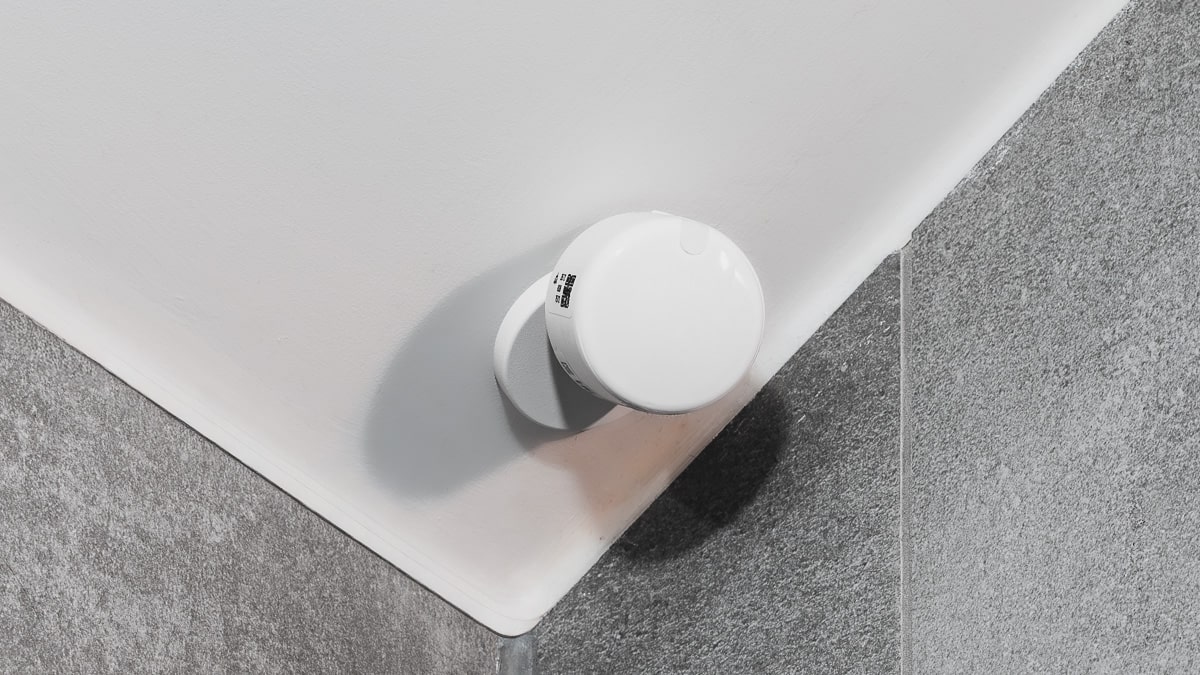Rachel Reeves has said Brexit made the UK's economy and productivity "weaker" than initially forecast when Britain voted to leave the European Union. The Chancellor told the Regional Investment Summit in Birmingham on Tuesday that the Office for Budget Responsibility's upcoming assessment shows the economic damage exceeded original predictions.
Government borrowing hit the highest September level in five years, piling pressure on Reeves ahead of her November 26 Budget. The data from the Office for National Statistics compounds challenges as she seeks to fill an estimated £50 billion black hole in public finances.
Budget pressures mount
Reeves expressed determination that "the past doesn't define our future" as she outlined plans to boost economic growth through deregulation. She told reporters her autumn statement will detail "plans based on the world as it is, not necessarily the world as I might like it to be" amid global volatility and increased defence spending that "puts pressure on our economy".
The Chancellor explained the OBR had reassessed its Brexit forecasts this summer. "What that shows - and what they will set out - is that the economy has been weaker and productivity has been weaker than they forecast, despite the fact that they forecast that the economy would be weaker because of leaving the EU," she said.
Investment summit delivers commitments
The Birmingham summit secured more than £10 billion in investment commitments from business leaders and investors. Reeves announced plans to scrap paperwork and red tape for thousands of UK businesses to stimulate lacklustre economic growth.
She detailed reforms including a cross-economy artificial intelligence "sandbox" allowing firms to develop new products under regulatory supervision. The system would speed approval for AI use in legal services, planning assessments and advanced manufacturing.
Deregulation agenda unveiled
The Civil Aviation Authority will outline steps toward commercial drone operations for tasks including surveying development sites and delivering NHS blood supplies. Company merger review panels will be reformed to provide greater certainty on whether transactions face merger control.
Reeves confirmed plans to simplify corporate reporting rules for more than 100,000 businesses. Small business owners will no longer need to submit lengthy director reports to Companies House under the proposed changes.
The National Institute of Economic and Social Research suggests Reeves needs to find around £50 billion a year by 2029-39 to balance day-to-day spending with tax revenues. Tory shadow business secretary Andrew Griffith criticised Labour for creating "countless new quangos" while talking about scrapping red tape.
Sources used: "PA Media" Note: This article has been created with Artificial Intelligence (AI).









